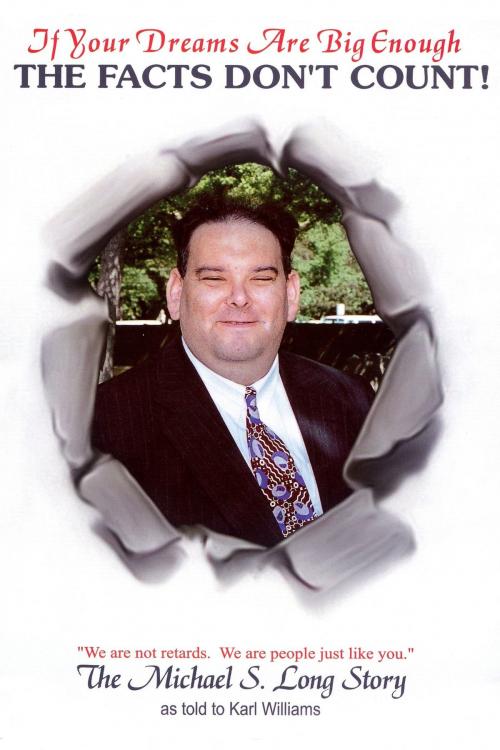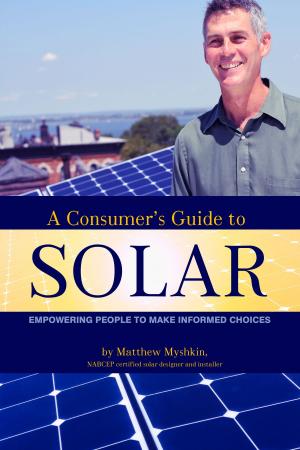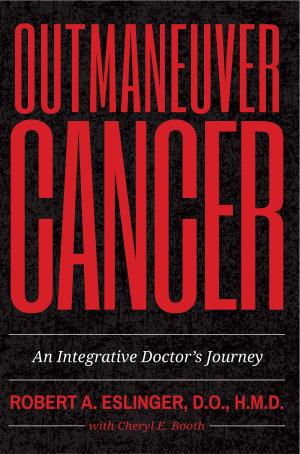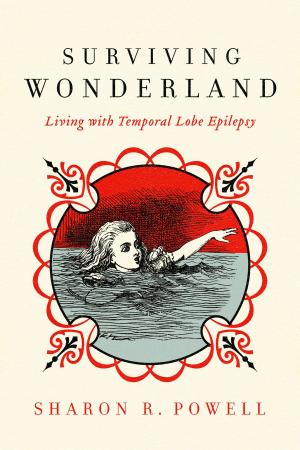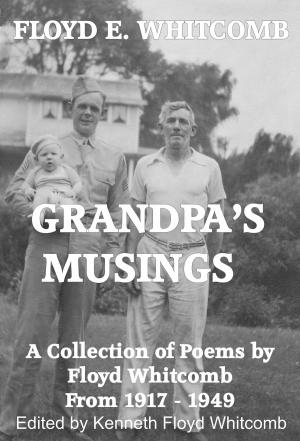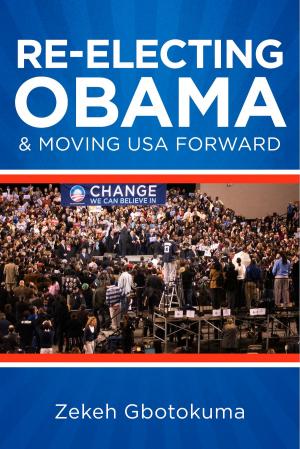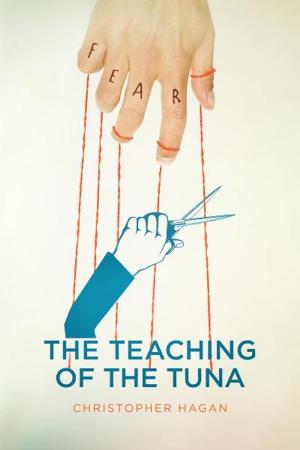| Author: | Michael S. Long, Karl Williams | ISBN: | 9781483595924 |
| Publisher: | BookBaby | Publication: | January 1, 1999 |
| Imprint: | BookBaby | Language: | English |
| Author: | Michael S. Long, Karl Williams |
| ISBN: | 9781483595924 |
| Publisher: | BookBaby |
| Publication: | January 1, 1999 |
| Imprint: | BookBaby |
| Language: | English |
"If Your Dreams Are Big Enough The Facts Don't Count” by Michael S. Long (as told to Karl Williams) is the story of a man with an intellectual disability who became the first person with this disability to be appointed to a position by a state governor: in 1992 Michael Long became the Consumer Coordinator at the Department of Developmental Services in California. Told in Michael Long’s own words, this book has been called a “work of pioneering authenticity” for its innovative approach to capturing in the print the true voice of person with this disability. Michael’s loss of oxygen during birth led to mild cerebral palsy and intellectual disability. Through his own determination – and that of his parents – he was able to go through the California public school system successfully. His participation in an intensive non-segregated self-improvement course enabled him to re-work his “belief system” about himself and his disability – and so to tap his “inner power” to “make a difference’ in his own life and in other people's lives.
"If Your Dreams Are Big Enough The Facts Don't Count” by Michael S. Long (as told to Karl Williams) is the story of a man with an intellectual disability who became the first person with this disability to be appointed to a position by a state governor: in 1992 Michael Long became the Consumer Coordinator at the Department of Developmental Services in California. Told in Michael Long’s own words, this book has been called a “work of pioneering authenticity” for its innovative approach to capturing in the print the true voice of person with this disability. Michael’s loss of oxygen during birth led to mild cerebral palsy and intellectual disability. Through his own determination – and that of his parents – he was able to go through the California public school system successfully. His participation in an intensive non-segregated self-improvement course enabled him to re-work his “belief system” about himself and his disability – and so to tap his “inner power” to “make a difference’ in his own life and in other people's lives.
